The automotive world witnessed a remarkable continuation of shifting consumer preferences as BMW’s all-electric i4 M50 maintained its position as the top-selling model in the company’s prestigious M division throughout 2024, marking its third consecutive year of sales dominance. This achievement comes amid record-breaking overall sales for BMW M, highlighting the growing acceptance of electric vehicles in the performance car segment.
BMW M, the performance division known for its racing heritage and high-powered vehicles, reported unprecedented success with total sales reaching 206,582 units in 2024, representing a 2% increase from the previous year’s 202,530 vehicles. This milestone marks the second consecutive year the division has surpassed the 200,000-unit threshold, demonstrating the strong market demand for performance-oriented vehicles across both electric and traditional powertrains.
The star performer, the BMW i4 M50, has redefined expectations for electric performance vehicles since its debut in the 2022 model year. The 2025 model continues to impress with its dual electric motor setup, generating a substantial 536 horsepower and achieving 0-60 mph acceleration in just 3.7 seconds. The vehicle offers a practical range of up to 267 miles when equipped with 19-inch wheels, though this decreases to 227 miles with the optional 20-inch wheels. With a starting price of $70,700, the i4 M50 represents the entry point into BMW’s electrified M lineup.
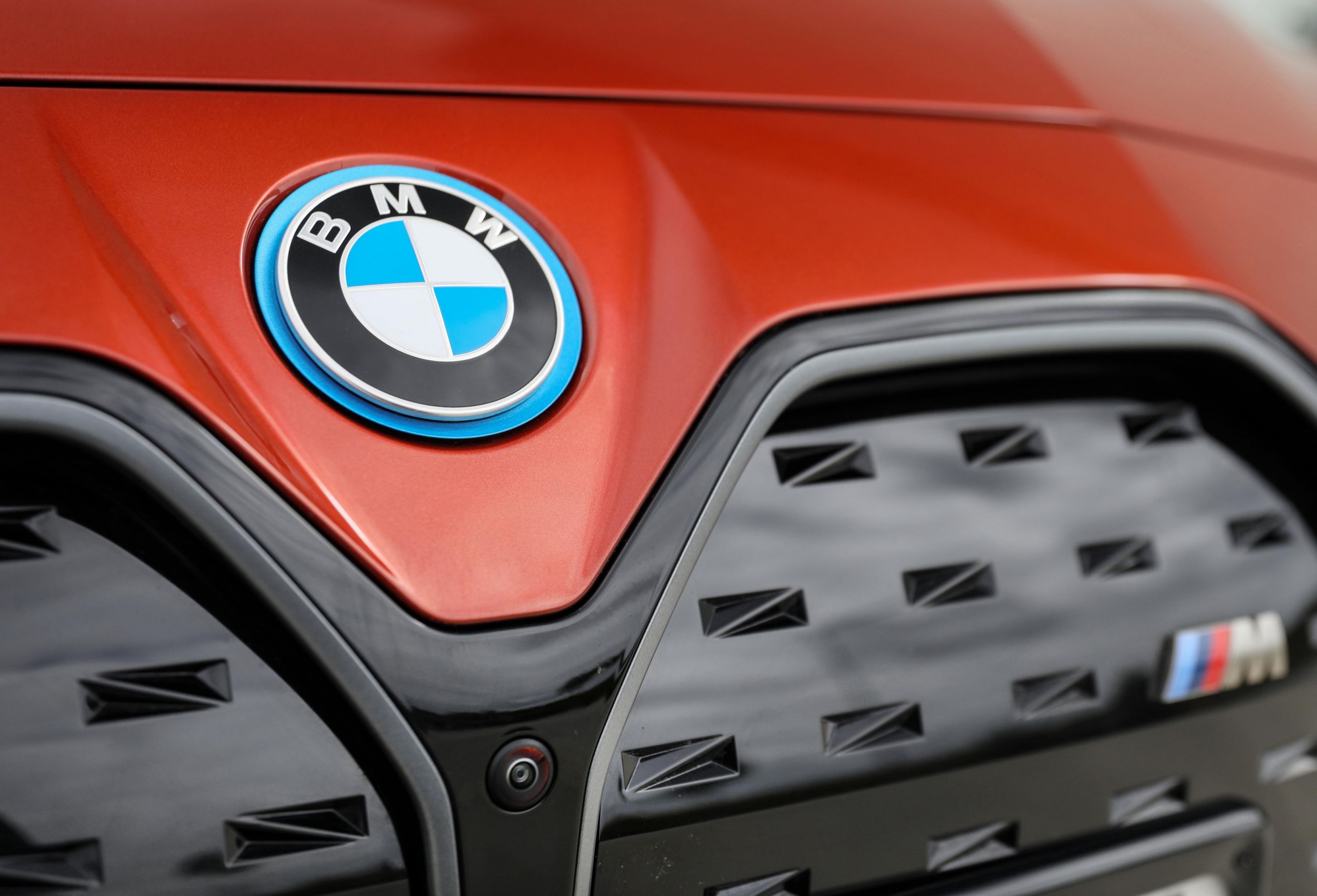
While BMW hasn’t disclosed specific sales figures for individual models, the consistent leadership of the i4 M50 in the M division’s portfolio speaks volumes about changing consumer preferences and the successful integration of electric powertrains into performance vehicles. The achievement is particularly noteworthy given the M division’s rich heritage in internal combustion engine (ICE) vehicles and its traditional customer base of performance enthusiasts.
The success story extends beyond the electric segment, as traditional ICE models within the M division also experienced significant growth. The BMW M2 recorded an impressive 64% increase in sales, while the M3 Touring saw a substantial 57% jump. Overall, high-performance M models achieved an 8% sales increase, outpacing the division’s total growth of 4%.
The M division’s diverse lineup caters to various price points and performance preferences. In the traditional ICE segment, the 2025 BMW M235 xDrive serves as an accessible entry point, starting at $49,500 and delivering 312 horsepower with a 4.7-second 0-60 mph time. Moving up the performance ladder, the base M2 Coupe offers 453 horsepower and a 3.9-second 0-60 mph time with an automatic transmission, starting at $65,500.
At the upper end of the spectrum, BMW offers several high-performance options. The X7 M60i SUV, starting at $111,900, produces 523 horsepower and reaches 60 mph in 4.5 seconds. The range-topping X6 M Coupe SUV delivers an impressive 617 horsepower and matches the i4 M50’s 3.7-second 0-60 mph time, with a starting price of $132,100.
The electrified M lineup extends beyond the i4 M50, culminating in the XM Label, a premium plug-in hybrid SUV that starts at $186,700, representing the pinnacle of BMW’s performance engineering and luxury offerings.
The continued success of the i4 M50 within BMW’s M division holds broader implications for the automotive industry’s electric future. It demonstrates that performance-minded consumers are increasingly embracing electrification when the product delivers on both performance and practicality. The vehicle’s ability to maintain its sales leadership position for three consecutive years, particularly within a division historically celebrated for its internal combustion engines, suggests a significant shift in consumer perception and acceptance of electric performance vehicles.
This trend aligns with BMW’s broader electrification strategy and could influence the development of future M models. The strong sales performance of both electric and traditional M vehicles indicates that the market can successfully support diverse powertrain options, allowing consumers to choose based on their preferences while maintaining the performance characteristics that define the M brand.
As the automotive industry continues its transition toward electrification, the success of the BMW i4 M50 serves as a compelling case study of how traditional performance brands can successfully integrate electric powertrains without compromising their core values or alienating their existing customer base. The sustained sales leadership of an electric model in BMW’s performance division suggests that the future of high-performance vehicles may increasingly trend toward electrification, while continuing to coexist with traditional powertrains to meet diverse consumer preferences.







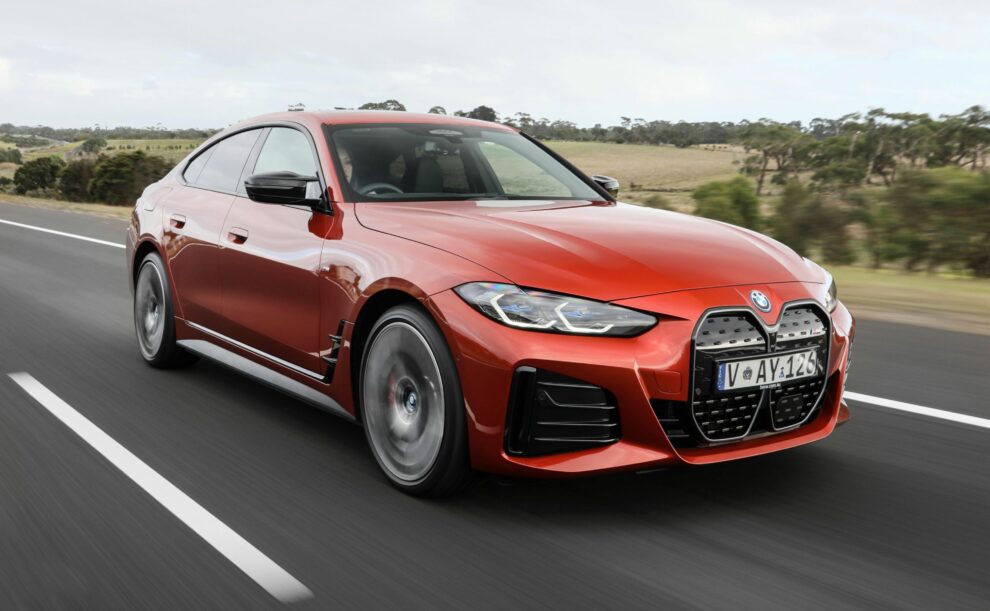
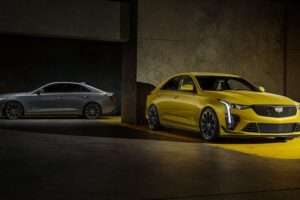
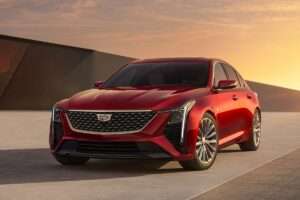
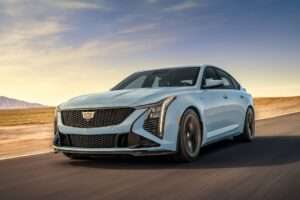





Add Comment